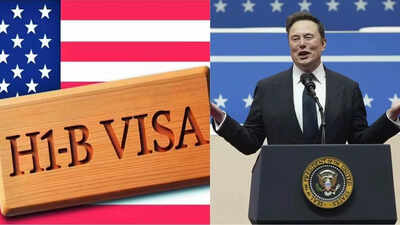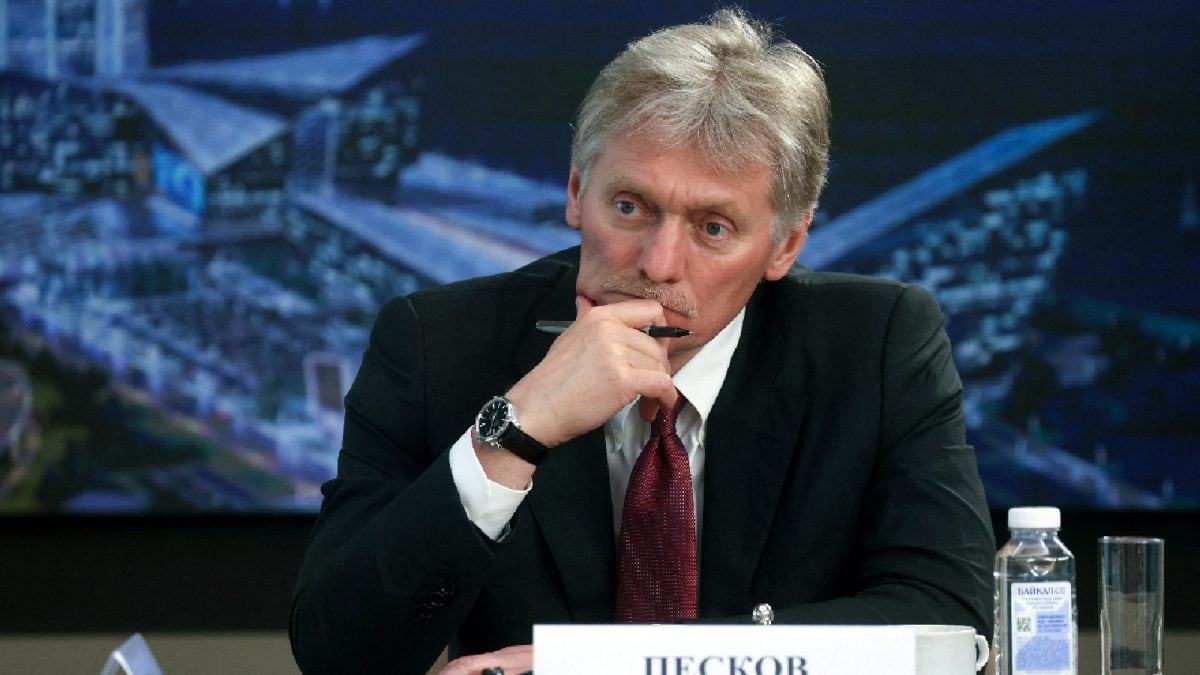Elon Musk’s position on the H-1B visa programme reflects a complex interplay of personal experience, corporate imperatives, and public statements that often appear contradictory. Musk himself entered the United States on an H-1B visa, a fact he credits with enabling his entrepreneurial journey and the growth of companies such as Tesla and SpaceX. While he openly praises the programme for attracting critical talent from across the globe, he has also criticised its systemic flaws, calling it “broken” and advocating for reforms such as higher salary thresholds and additional regulatory fees. The recent hike of H-1B visa fees to $100,000 has brought renewed scrutiny to Musk’s nuanced stance, highlighting the tension between supporting skilled immigration and addressing perceived inefficiencies within the system.
Elon Musk’s personal H-1B journey
Elon Musk’s own experience as an H-1B visa holder provides him with a unique perspective on the programme. He has frequently emphasised that the visa enabled him to work legally in the United States and to build his companies with access to top-tier talent. Musk often cites the role of H-1B holders in helping scale Tesla, SpaceX, and other ventures, pointing to engineers and executives who were instrumental in advancing technology, production, and innovation. His personal journey illustrates the potential benefits of skilled immigration, while simultaneously informing his calls for reform. Musk’s dual perspective as a former visa holder and CEO of high-tech enterprises makes his stance particularly influential in ongoing debates about immigration policy.
Support for skilled immigration
Despite his criticism of certain aspects of the H-1B system, Musk remains a staunch advocate for attracting skilled international talent. He credits the programme with helping to fill critical gaps in sectors such as engineering, software development, and aerospace design, where domestic talent alone may not be sufficient to meet demand. Musk’s companies have relied on H-1B holders to maintain competitiveness in the global market, innovate at pace, and support large-scale production and research projects. His support underscores the broader economic argument that skilled immigration is essential for maintaining the United States’ leadership in high-tech industries and sustaining long-term innovation.
Criticism of the system
At the same time, Musk has repeatedly criticised the H-1B programme for allowing potential misuse and creating incentives that may disadvantage domestic workers. He has argued that low salary thresholds and insufficient regulatory oversight can lead to exploitation of foreign labour and reduced opportunities for American employees. Musk has proposed reforms including significantly higher minimum salaries for visa holders and annual maintenance fees, which he believes would ensure that the programme genuinely serves highly skilled professionals rather than providing a cost-saving mechanism for companies. His critique highlights the tension between maintaining access to critical talent and protecting domestic labour markets.
The $100,000 visa fee controversy
The recent U.S. government decision to increase H-1B visa fees to $100,000 has reignited debate about the programme’s affordability and accessibility. For companies reliant on foreign talent, including many of Musk’s ventures, the fee represents a substantial increase in operational costs. The policy has prompted questions about whether smaller companies and startups might struggle to compete for skilled workers, potentially slowing innovation. Musk’s nuanced stance demonstrates the balancing act between advocating for the continued flow of skilled international talent and supporting regulatory measures designed to address system abuses and ensure fairness.Elon Musk’s approach to the H-1B visa programme illustrates the inherent tension between personal experience, corporate requirements, and systemic reform. As a former H-1B holder, he recognises the immense value of skilled immigration in fostering innovation and economic growth. Simultaneously, his critiques and reform proposals reflect a desire to make the system fairer, more accountable, and sustainable for both foreign talent and domestic labour markets. Musk’s unique position as an entrepreneur, former visa holder, and public commentator places him at the centre of one of the most contentious debates in U.S. immigration policy. Go to Source




